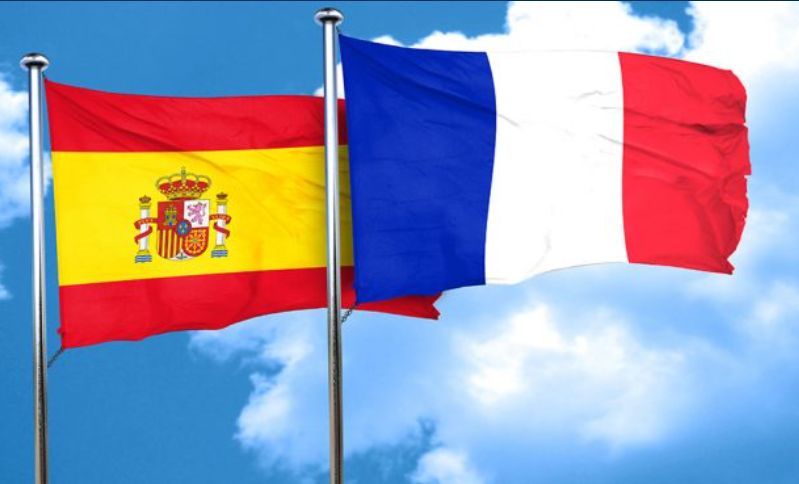MFL (Modern Foreign Languages)
At Pegasus we have chosen to teach either French or Spanish as our Modern Foreign Language
‘Languages are an essential part of a broad, balanced curriculum. Not only do they provide an opportunity to communicate more effectively with others, they also help children to understand what it is to be a global citizen. This includes the importance of tolerance and understanding, which is crucial knowledge in today’s world.’ Michael Wardle, 2021.
This is at the heart of Modern Foreign Language teaching at Pegasus Academy Trust.

Intent
Our MFL curriculum enables pupils to understand and communicate ideas, facts and feelings in speech and writing. Our pupils focus on the three pillars of language, using their knowledge of phonology, vocabulary and grammatical structures.
At Pegasus, we aim to foster a love of languages and to inspire children to use their target language practically for travel, work and leisure.
Implementation
At the Pegasus Academy Trust we teach French or Spanish as our Modern Foreign Language offer. These are taught in a whole-class setting, using the Oxford University Press ‘Rigolo’ program, the Primary Language Network and LanguageNut schemes of work.
There are opportunities to:
- introduce and practise vocabulary in the target language;
- identify and use nouns, adjectives, verbs, prepositions, and conjunctions in the target language;
- explore and build a secure understanding of the target language phonics;
- find out more about the culture of the target language countries.
There is access to native speaker pronunciation in every lesson. Progression in vocabulary acquisition, grammar, and phonics, is planned for and built in across the 4 stages. Language learning skills and links between languages and literacy are explored age and stage appropriately. Within the body of the lessons there are opportunities to sing, play games, perform, develop writing, keep a record and make links across the curriculum.
Impact
Our MFL curriculum ensures that children develop their knowledge of where different languages are spoken in the world.
Varied learning experiences ensure that the foundations of languages are established. Languages are celebrated throughout the school community and, where possible, cross-curricular links are made.
Informal assessment takes place during lessons to ensure recall of vocabulary and children’s understanding of phonics and pronunciation.
By the time that children leave the Trust, they will have a good, basic understanding of practical communication. They will have a foundation and love of languages that inspires them to continue their journey into Key Stage 3.












